Although last year we reported many changes in the Portuguese tech market, 2022 has been marked by some serious shifts. As much as we would like to say Covid-19 is leaving no trail in the tech industry, that would be a lie. The truth is it has shaken up everything and the effects are right before us. The Global Tech Talent Trends is living proof of that.
With the mass adoption of remote work, a lot of geographic and cultural barriers have disappeared, allowing tech talent to work remotely not just for Portuguese companies, but also for companies overseas. Foreign companies know this and have made aggressive moves in hiring Portuguese tech talent to work remotely from Portugal.
An impressive 18.6% of tech professionals in Portugal work remotely for a company across borders, and the tendency is for this number to increase. This has caused huge impacts on both the availability of local talent and also on the salaries, an impact local companies are starting to realise.
On the other hand, Portuguese companies still haven’t embraced the globalisation of tech work: they are hiring mainly local talent. The data shows they refrain from sourcing tech talent from abroad to work remotely or relocate to Portugal.
Only 8.9% of the Portuguese workforce comes from other countries, compared to an average of 12% in Europe and 38% in North America. This is one of the ways the scarcity of local tech talent can be dealt with.
We surveyed more than 2000 tech professionals from Portugal, which ran from January to March 2022, resulting in an already-usual report about the Portuguese tech industry. Let’s take a closer look at the main findings.
What the data shows:
Tech
SQL is the most used programming language (15.9%), unlike what we observed for the global context and in last year’s Tech Careers Report 2021. PHP, despite its fragility, is still widely used. Swift and Elixir took a hit this year. And… VBA and Visual Basic 6 are still used, much to our surprise.
Similarly to last year, .NET remains the clear winner when it comes to frameworks (12.9%). React has surpassed jQuery, confirming our predictions, although Angular is no longer in the 4 most used frameworks.
Tech professionals with 9+ years of experience represent 48.2% of the market (10% more than last year). Seems like the industry is working counter-clockwise when it comes to providing enough talent for the (huge) demand.
Gender
Women’s representativeness has increased from 12.5% in 2021 to 18% in 2022. Let’s work to guarantee this positive trajectory continues.
Men earn, on average, 31.2% more than women in tech—a gap that is 15% higher than last year (and 8% higher than in 2020). In what ways can the pandemic and its consequences have influenced this increase in the gender salary gap?
Globalisation (remote & relocation)
18.6% of tech professionals in Portugal work remotely for a company in another country.
99% of tech professionals in Portugal want to work remotely, more than 70% for a company located on another continent. This shows that the game has really changed, borders are not barriers anymore for tech talent, and they’re embracing a new globalised reality along with the opportunities it presents.
Companies overseas pay 46.8% more than the ones in Portugal. This difference in salary is sta-gge-ring. This is yet another sign of the globalisation of tech work: companies worldwide are throwing the big bucks to secure top tech talent, wherever they are. Local companies: step up or you’ll have no one to attract.
Over 90% of the tech workforce in Portugal are locals. With companies all over the world opening borders and hiring top international tech talent (including Portuguese), national companies have fierce competition. What about the globalisation talk?
The decay of full-office jobs
A mere 6% of tech professionals overall work in a full-office job, and those that do are highly motivated to change jobs. Not only that, but full-office jobs are the most poorly paid (29.197€) and have actually seen pay cuts in the past year (-0.8%). Watch out remote work naysayers…
Salary
Salaries jumped an unprecedented +36.5% compared to last year, and pay raises have also been unleashed since last year, it seems.
Mobile (78.5%), Back-end (73.6%) and Data Science (68.6%) have experienced the biggest increase in salary since last year. On the other hand, SysAdmin and Product roles have had the most pay cuts.
Download the full report here.
This report aims to provide insights that not only allow tech professionals to make more informed career decisions from a global perspective but also help companies better understand the new nature of the global tech market and how they should position themselves to hire and retain the talent they so desperately need—not just in the local market but globally.
At Landing.Jobs, we believe in the inevitable globalisation of the tech talent market. For that market to thrive, there’s the need to avoid asymmetry and lack of information. This report was built by the tech community for the tech community. The Portugal edition has been done for 3 consecutive years, allowing a deeper look into the evolution of the local tech market.
Please reach out to us with feedback, suggestions or anything else at [email protected].
Join us in building better futures. Join the globalisation of tech work.
About our sponsor:
Volkswagen Digital Solutions is boosting Volkswagen Group’s Digital journey. Innovating by exploring new paths through new learnings and ideas. Our vision is to inspire and transform the future of IT in the Volkswagen Group. Let’s explore new roads together!



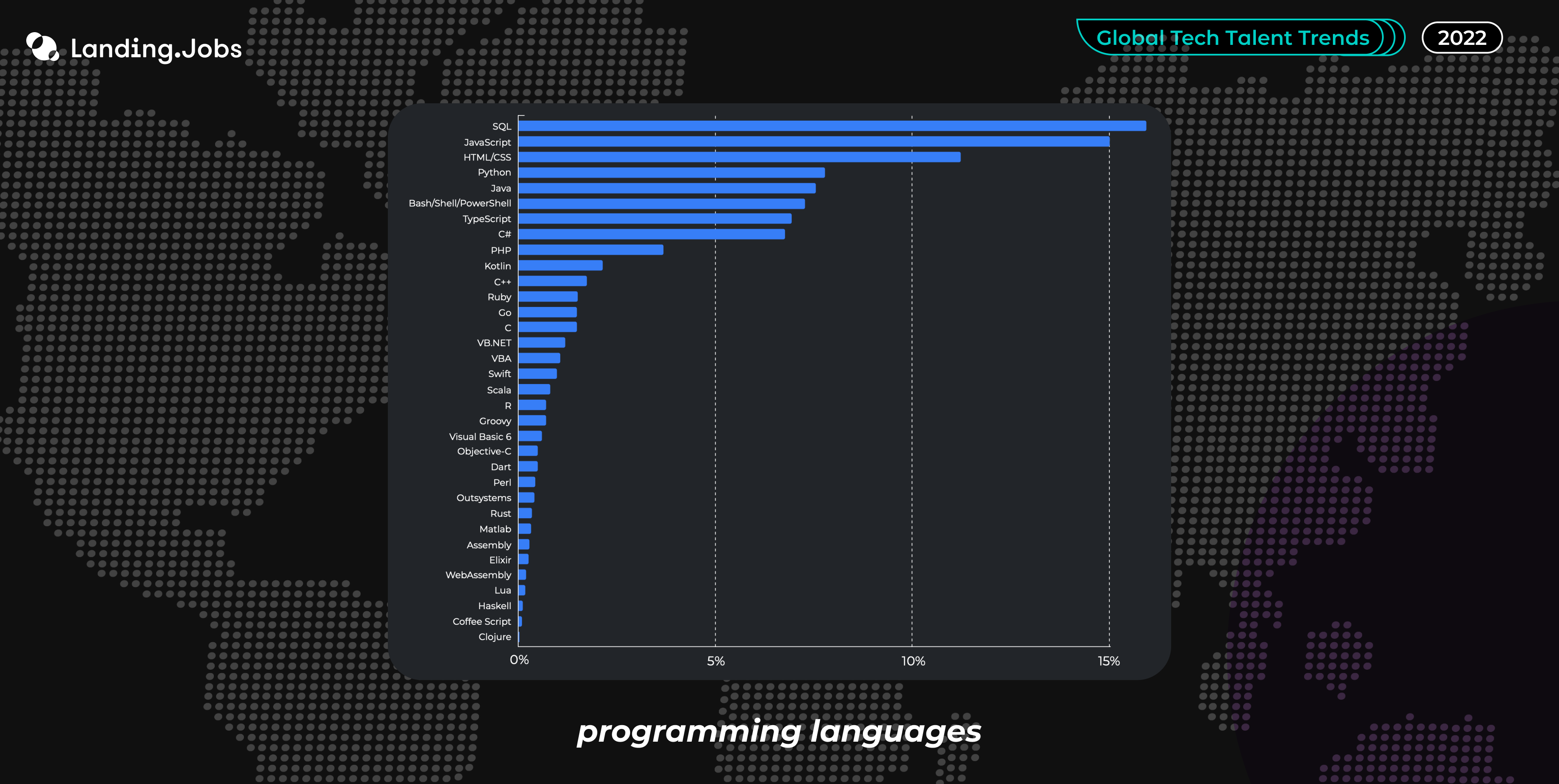
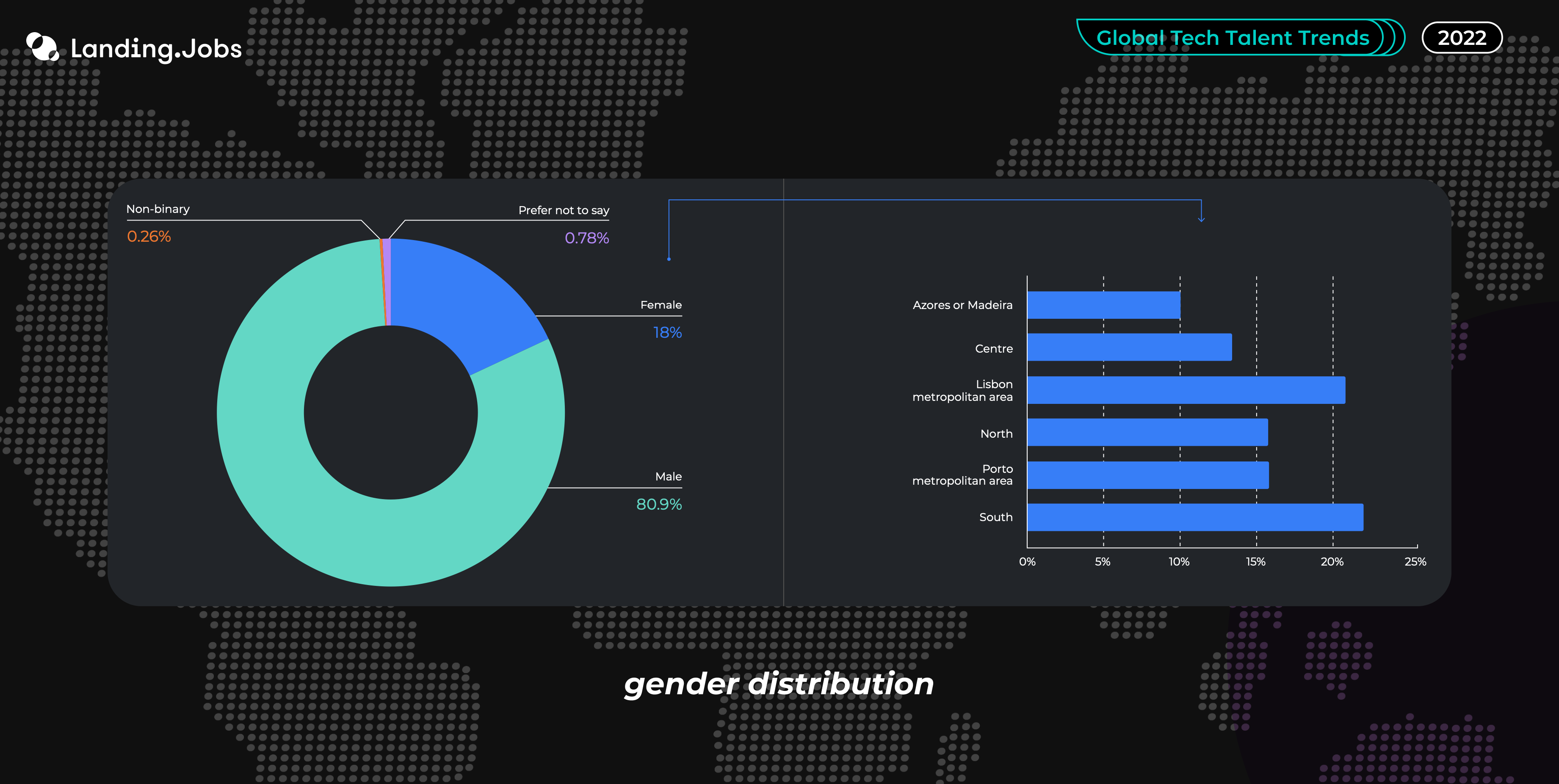
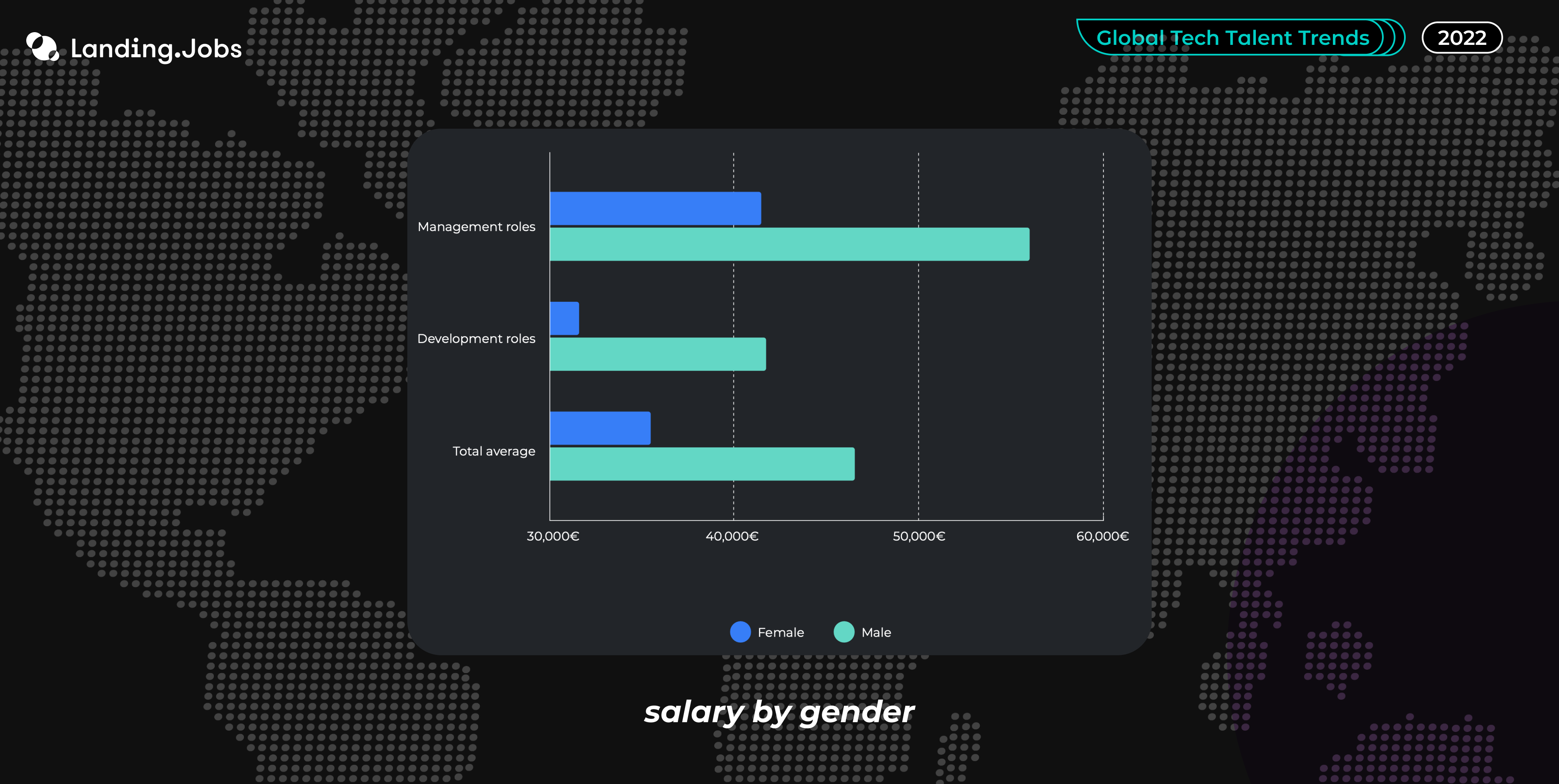
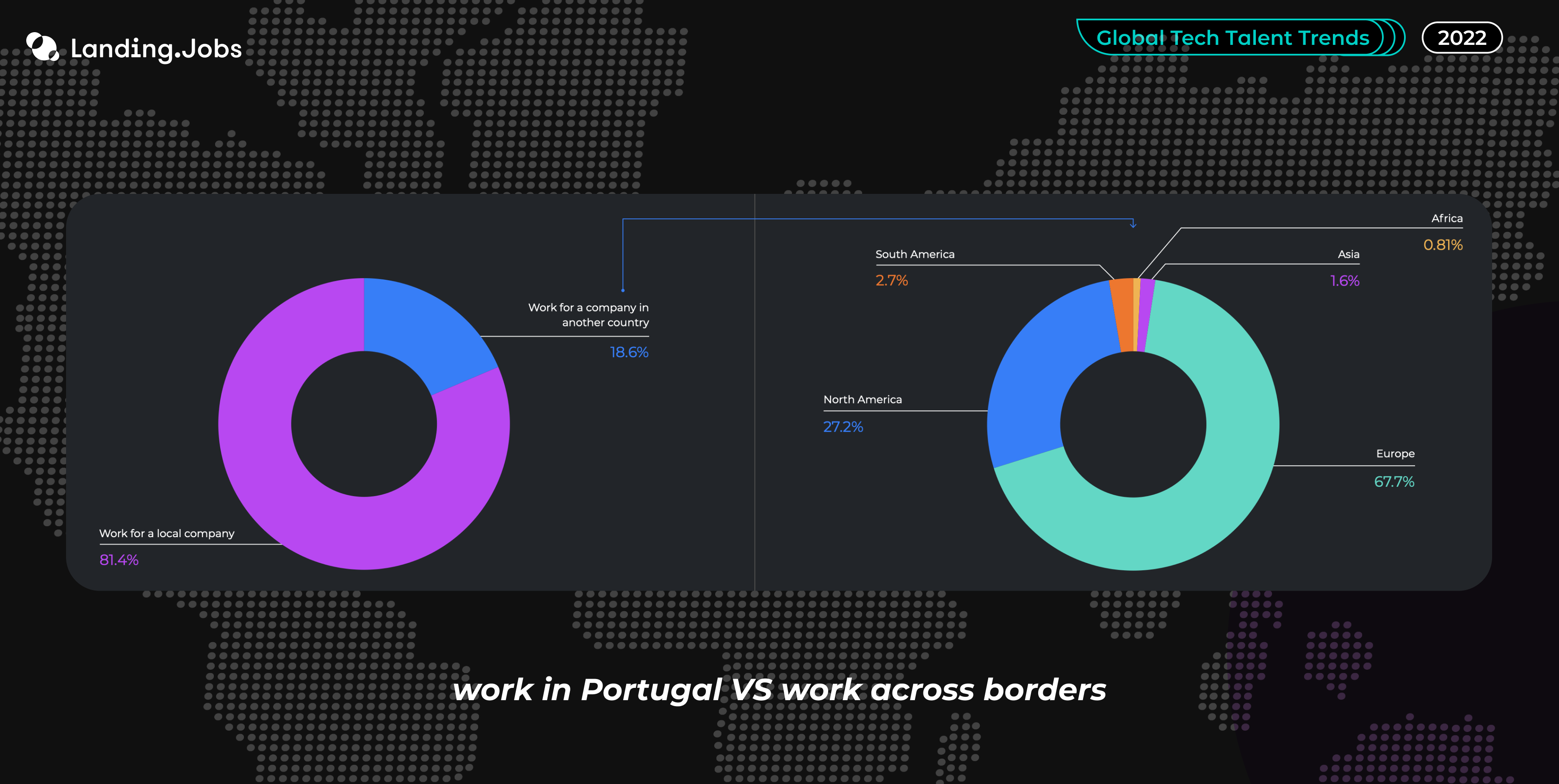
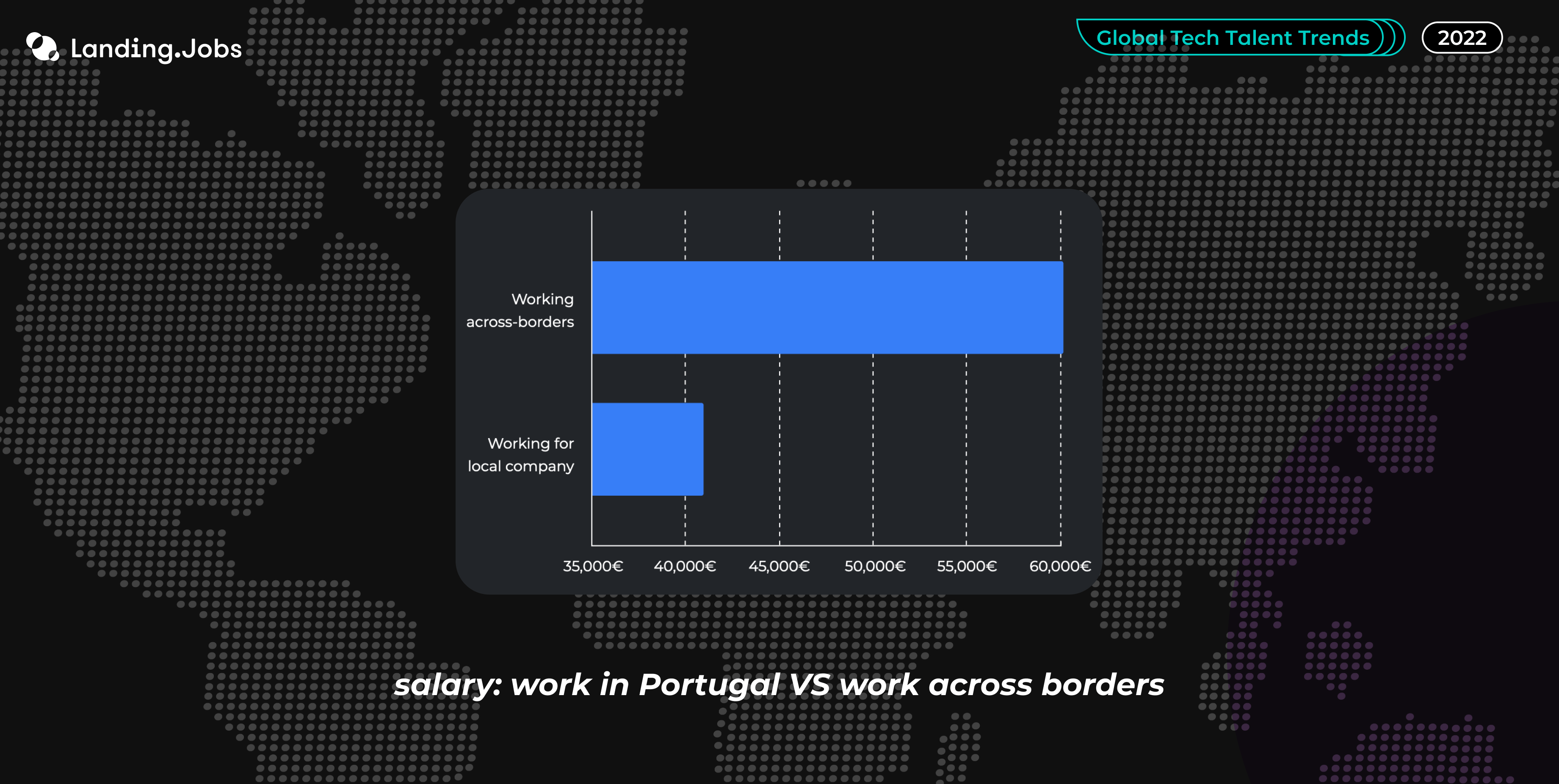
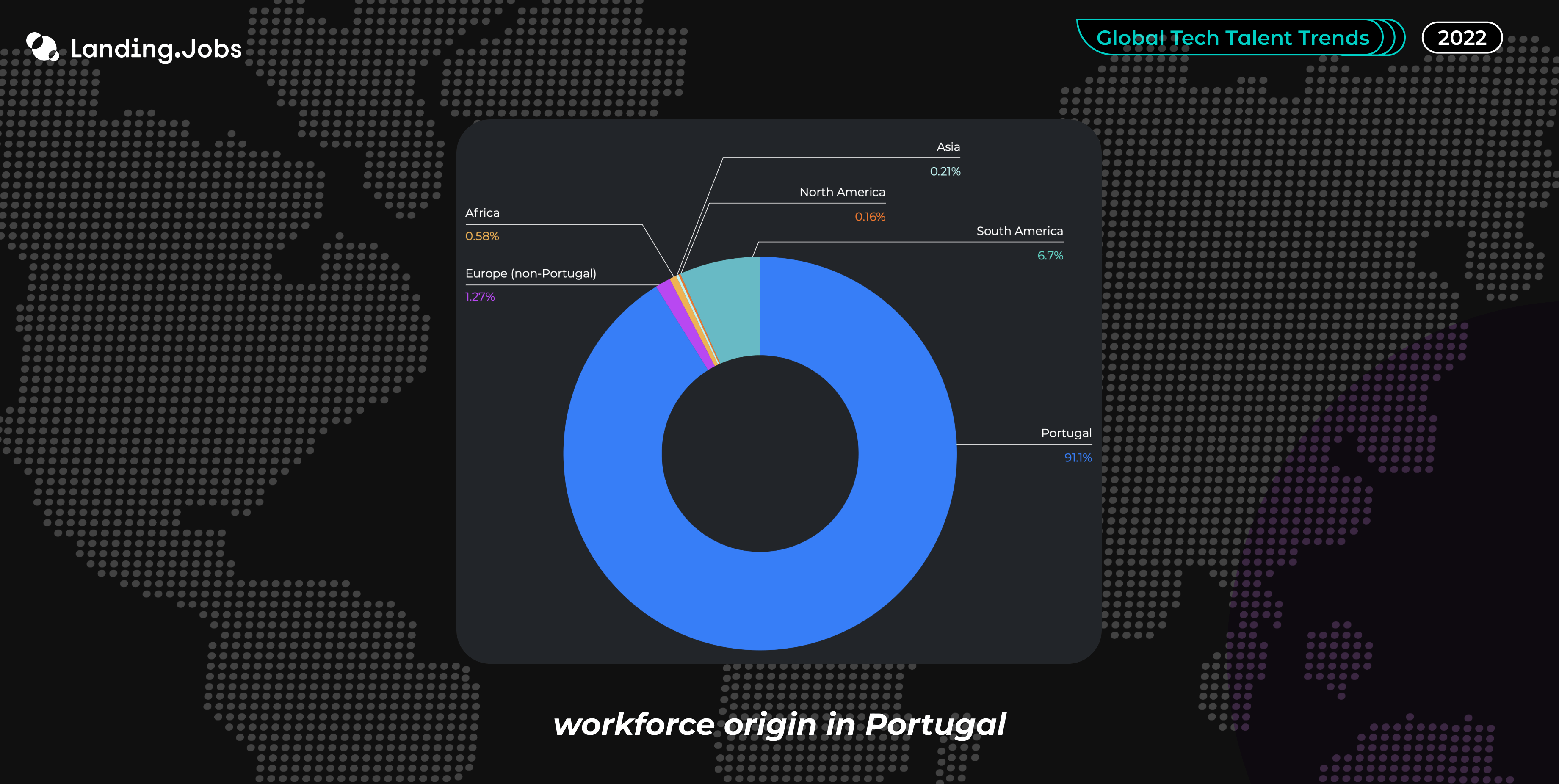
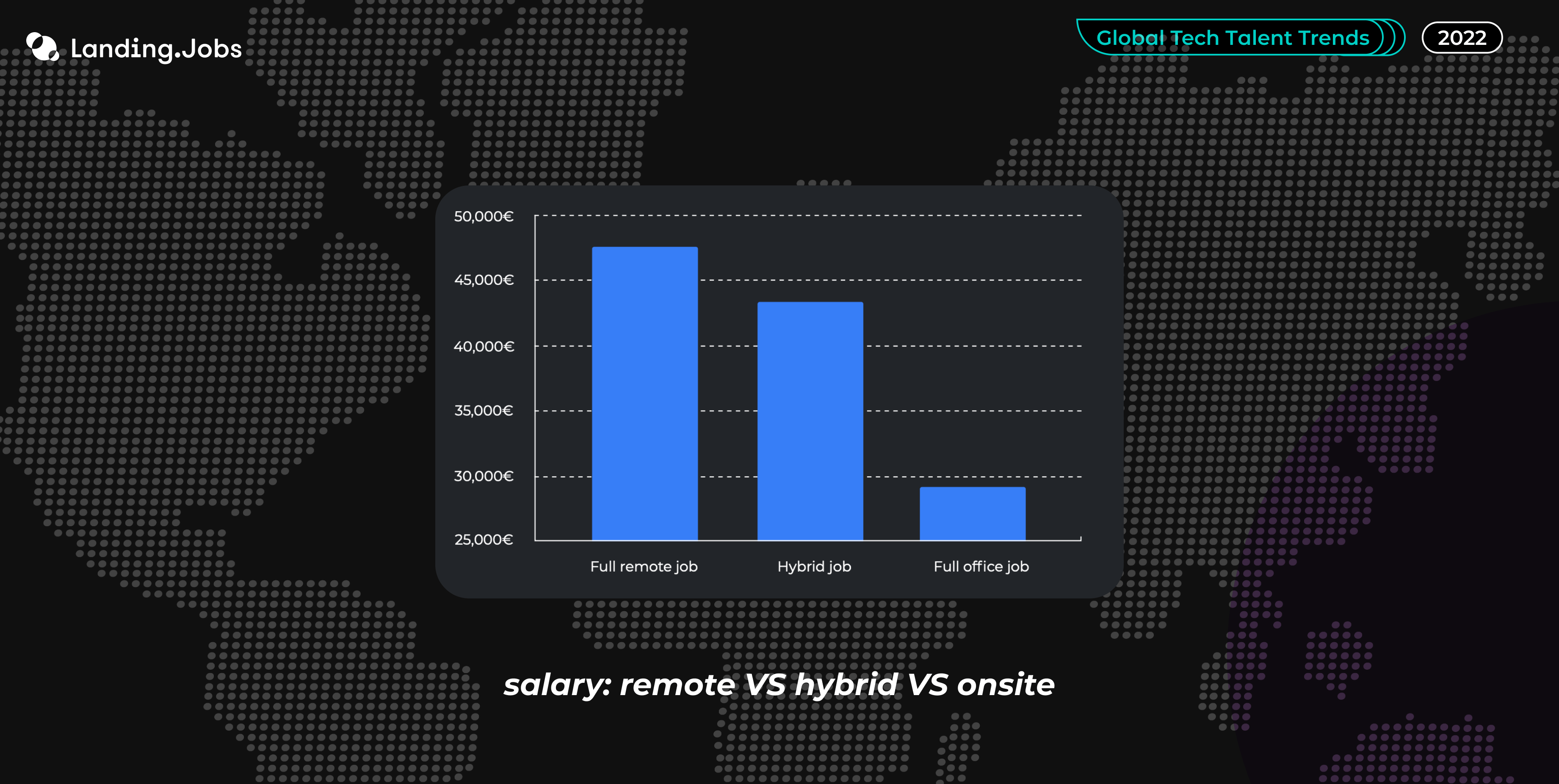
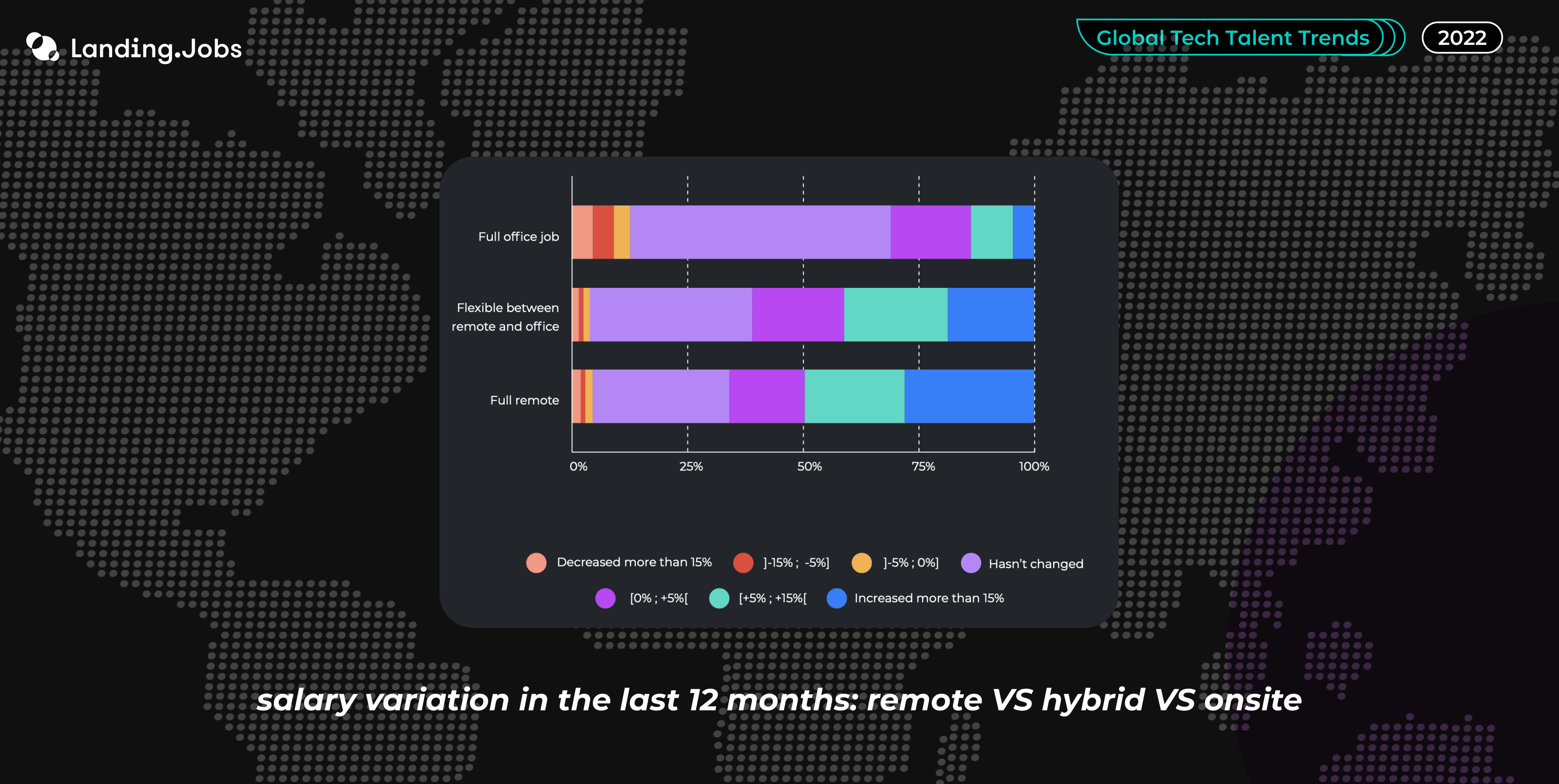
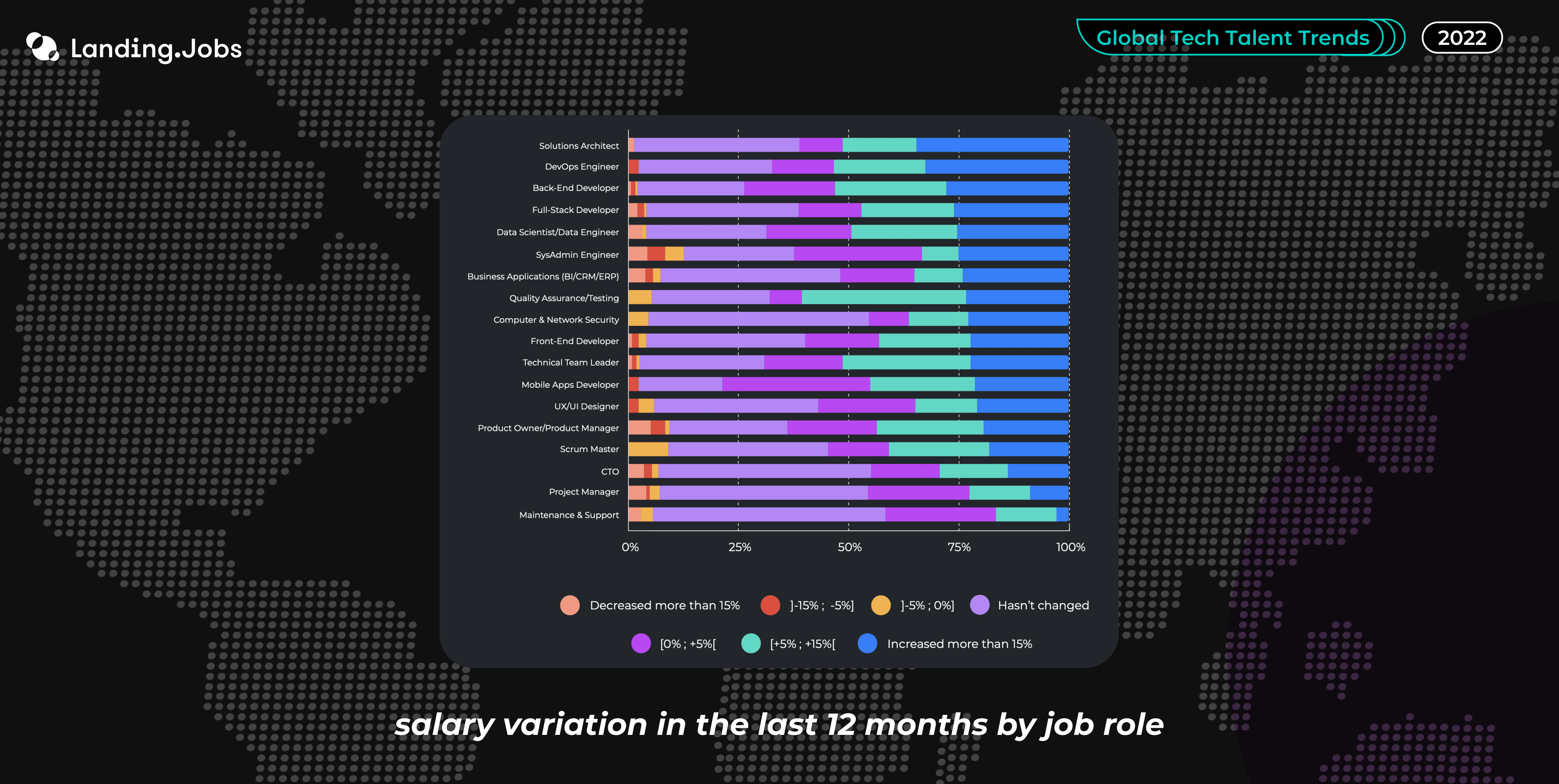



0 Comments